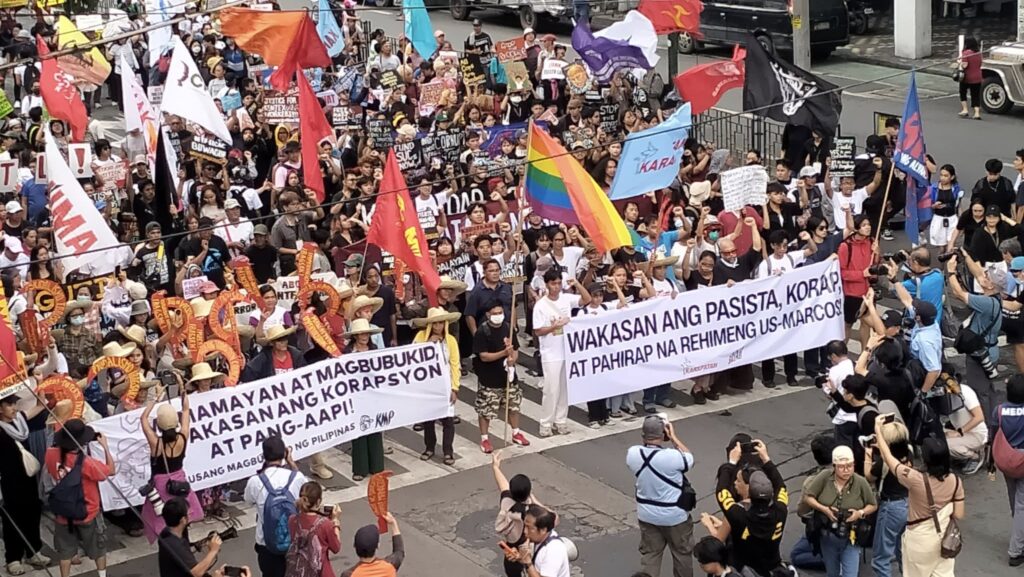The International Criminal Court (ICC) has dismissed a request by the defense team of former President Rodrigo Duterte to impose stricter requirements for proof of identity among victim applicants in the ongoing case concerning crimes against humanity over drug war killings.
In a ruling dated April 17, the ICC’s Pre-Trial Chamber rejected the defense’s call to limit acceptable identification documents to national ID cards and passports. The chamber said the Registry has already provided sufficient safeguards in its proposal to accept a wider range of Philippine-issued IDs to allow broader victim participation in the proceedings.
“This information, together with the procedure for admission of victims to participate in the proceedings adopted above, already ensures the reliability of the identity verification process and significantly reduces the risk of fraud,” the chamber stated in its decision. “In light of these considerations, the Chamber accepts the documents proposed by the Registry as proof of identity for applicants and those acting on their behalf.”
The Registry cited existing systemic issues in the Philippines, such as the backlog in national ID distribution and the unavailability of birth certificates for many citizens. Given these challenges, it recommended accepting a wide range of alternative documents, including passports, GSIS and SSS IDs, driver’s licenses, PhilHealth and Pag-IBIG cards, postal IDs, school IDs, barangay certifications, and even baptismal certificates
In contrast, Duterte’s defense urged the chamber to adopt a more stringent approach, warning that the use of such a broad list of IDs could invite fraudulent applications. They argued that, in the absence of a passport or national ID, the chamber should adopt a verification system similar to those used by Philippine social security agencies.
Despite these concerns, the ICC stood by the Registry’s broader identification framework, also allowing for ad hoc consideration of victim applications that lack any identity documents. In such cases, declarations signed by two witnesses—alongside their own identification—may be accepted.
The April 17 order also set several key procedural developments in motion. The Pre-Trial Chamber approved the use of standard application and reparation forms, as well as a household form that enables indirect victims within the same household to file a joint application, provided they suffered harm due to the killing of the same individual.
The court also directed the Registry to organize common legal representation for victims and report back on its consultations by August 20, 2025.
Meanwhile, the prosecution was ordered to complete its disclosure process by July 1, 2025, ahead of the confirmation of charges hearing scheduled for September 23. It must submit all evidence it intends to use—181 items have already been disclosed, with about 160 more identified, including 15 audio-visual files. The core of the evidence includes over 8,500 pages of written documents, nine photographs, and 30 hours of video material. Two witnesses are expected to be called to testify.
Duterte, who was arrested on March 11 and surrendered to the ICC, faces charges of murder as a crime against humanity in connection with his administration’s bloody war on drugs. (TCSP)




